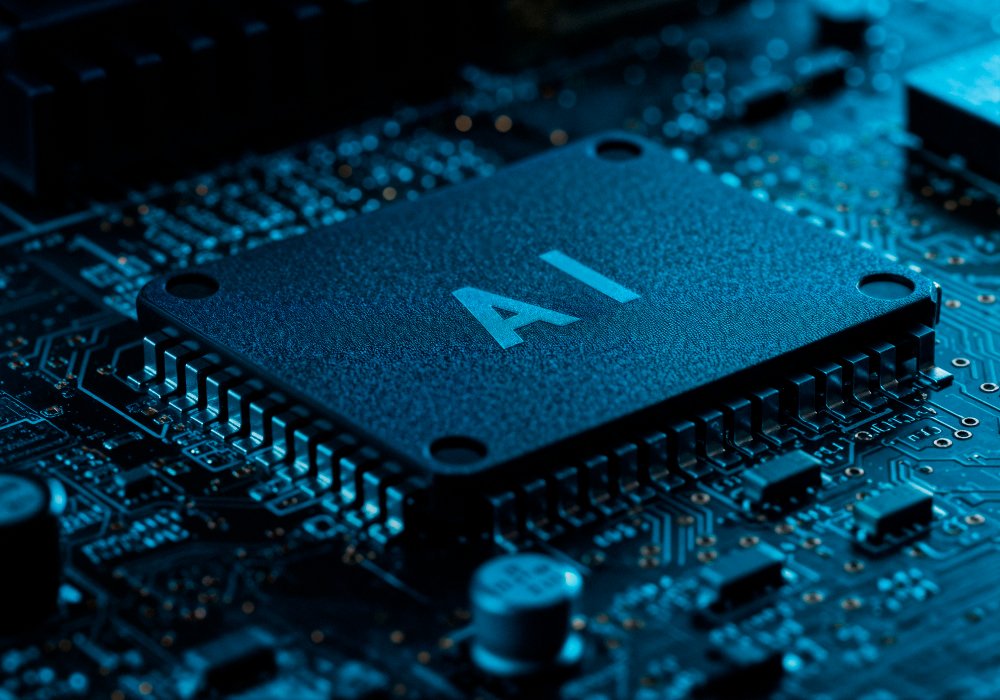In a striking example of how artificial intelligence (AI) is reshaping the workforce, Salesforce recently disclosed that it reduced its customer support staff drastically, from approximately 9,000 to 5,000 employees worldwide, cutting around 4,000 jobs. CEO Marc Benioff attributed these layoffs directly to the adoption of their AI-powered platform, Agentforce, which now handles half of the company’s customer conversations. This AI-driven shift has enabled Salesforce to streamline workflows, reduce costs, and focus human talent on higher-value tasks.
As reported by Indian Express, Benioff described this transformation phase as “the most exciting months” of his career, even as such significant workforce reductions sparked concerns about job displacement in the tech support sector. Despite the layoffs, Salesforce reported strong financial growth, underscoring that layoffs and AI integration are part of a complex balance between innovation and human capital management.
Salesforce’s move is not an isolated case. The broader Indian tech ecosystem has witnessed an alarming surge in layoffs due to AI and automation influences.
Tata Consultancy Services (TCS) stands out with announcements of over 12,000 layoffs, impacting mid- and senior-level roles that no longer align with evolving client demands. This marked a notable shift in India’s IT employment landscape, as TCS, the country’s largest private sector employer, emphasized preparing for a “future-ready” workforce rather than economic retrenchment.
Simultaneously, Microsoft has cut over 15,000 jobs globally during 2025, concentrating resources on AI innovation and cloud transformation. While India’s Microsoft workforce remains relatively stable, global layoffs reflect the sweeping changes impacting the sector.
Tech giants like Meta (Facebook’s parent company), Intel, and others have executed similar workforce recalibrations. Meta eliminated around 3,600 positions to boost operational efficiency and scale AI capabilities, while Intel’s global layoffs amounting to about 24,000 employees represent one of the largest tech workforce cuts in years, underscoring industry-wide realignments around AI priorities.
Startups and mid-sized firms have also felt the impact. For instance, Bangalore-based mobility startup Ohm Mobility shut down operations, citing economic headwinds and a challenging hiring environment.
Over 137,000 layoffs across Indian tech firms this year point to a broad recalibration driven by automation, AI-driven efficiencies, and skill mismatches. Mid-level professionals in legacy IT roles face the brunt, while demand surges for AI, cloud, and data-centric skills. The challenge for the sector, and the government, is to accelerate reskilling and career transition programs to cushion this seismic shift.





